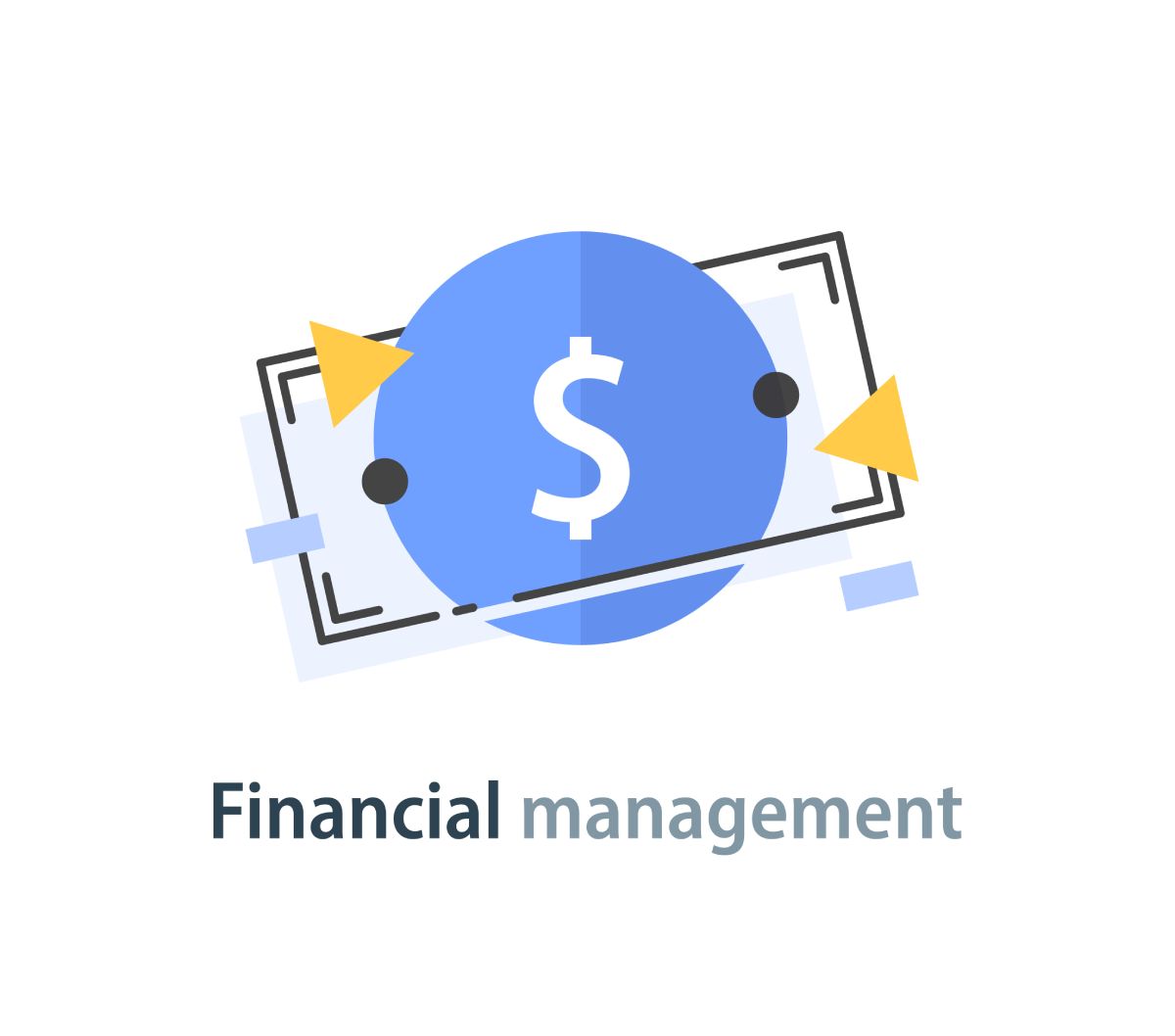Money Management Tips After Retirement

Retirement marks a significant shift in how you manage your finances. The transition from saving to spending your nest egg can be challenging without the right strategies. This blog explores practical money management for seniors, ensuring a stable and enjoyable retirement phase.
Craft A Realistic Budget
A budget is your financial blueprint for retirement. Start by listing all your income sources, such as pensions, Social Security benefits and any investment income. Then, detail your expected expenses, including housing, utilities, groceries, healthcare and leisure activities. This clarity helps prevent overspending and ensures your savings last longer.
Understand Your Healthcare Options
Healthcare can become a major expense as you age. It's crucial to understand your Medicare benefits and any supplemental insurance needs. Consider long-term care insurance as well, which can cover costs not included in traditional health insurance. Planning for these expenses helps avoid unexpected financial strains.
Maximize Your Social Security Benefits
Deciding when to start taking Social Security benefits is a key financial decision. Waiting until you're 70 can increase your monthly benefits significantly compared to starting at 62. Evaluate your health, financial needs and life expectancy to make an informed choice.
Minimize Your Debt
Entering retirement with as little debt as possible is ideal. Prioritize paying off high-interest debts, such as credit card balances, to reduce your financial burden. A debt-free retirement is not only less stressful but also more financially secure.
Adjust Your Investment Strategy
Your investment strategy should shift to focus more on preserving capital and generating income. Consider diversifying your portfolio to include bonds, dividend-paying stocks and other income-producing assets. Consult with a financial advisor to tailor your investments to your risk tolerance and income needs.
Plan For Required Minimum Distributions
If you have tax-deferred retirement accounts, you'll need to start taking required minimum distributions (RMDs) at a certain age. Planning for these withdrawals is crucial to avoid hefty tax penalties and to ensure your savings are spent wisely.
Stay Tax-Savvy
Understanding the tax implications of your retirement income can save you money. For example, some states don't tax Social Security benefits and knowing how to efficiently withdraw from your retirement accounts can minimize your tax liabilities. Consult a tax professional for personalized advice.
Consider Downsizing or Relocating
Downsizing to a smaller house or relocating to a retirement community, where offers diverse senior living options and supportive services and amenities, can stretch your retirement dollars further. Evaluate the cost of living, taxes and healthcare services in different locations if you're considering a move.
Keep An Emergency Fund
Unexpected expenses don't stop when you retire. Maintaining an emergency fund can help you manage unforeseen costs without dipping into your long-term savings. Aim for three to six months' worth of living expenses set aside in a liquid account.
Review And Update Your Financial Plan Regularly
Your financial situation and the economy will change over time. Regularly review and adjust your budget, investments and overall financial plan to stay on track. Annual check-ups with your financial advisor can ensure your retirement strategy evolves with your needs.
By following these tips, you can navigate the financial aspects of retirement with confidence. Money management for seniors doesn't have to be complicated. With careful planning and the right advice, you can enjoy your golden years without financial worry.
